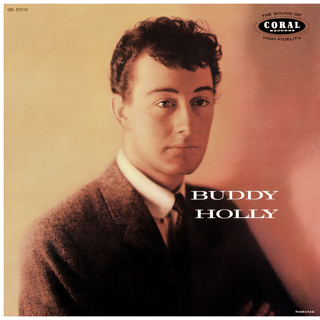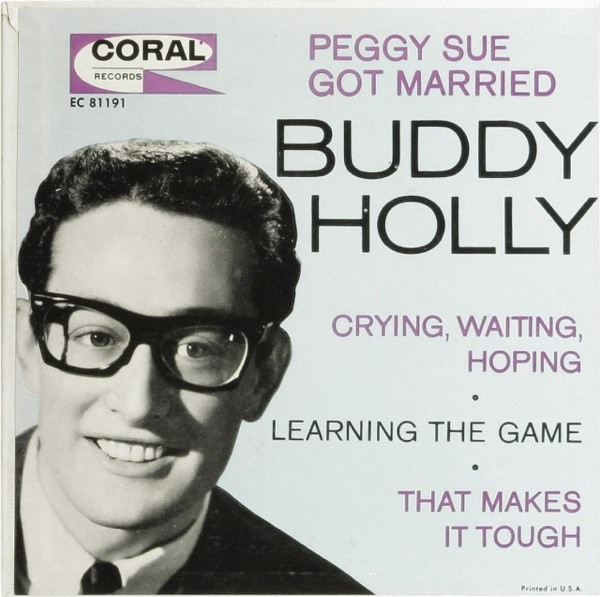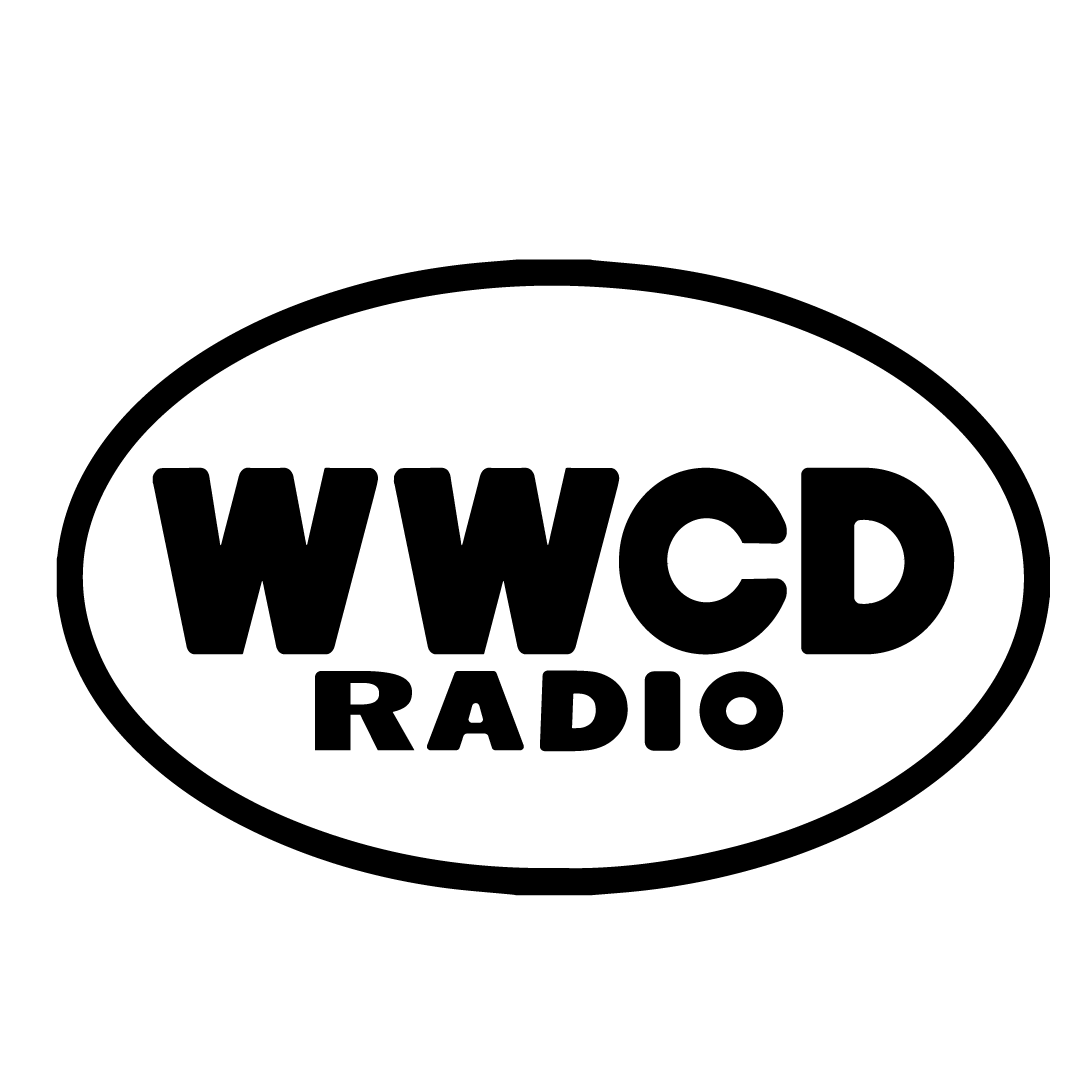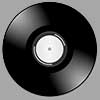Listeners:
Top listeners:
-
play_arrow
Fun Size Trending Topics September 23, 2021. His Name? St. Dangerous Of Course CD929


On Two For Tuesday, we celebrate two songs that are linked in one way or another. Maybe an artist referenced another artist’s song. Maybe one song features an interpolation of another song. Perhaps an artist references one of their earlier songs through a repeated line or riff. If they’re linked, you may just read about them on Two For Tuesday.
Today, we’re going very old school with “Peggy Sue.”
 Buddy Holly was the original guitarist and lead singer of The Crickets, but many people just think of the songs as being by Holly. The record label The Crickets were signed to released songs with backing vocals as ‘The Crickets” and songs on which Holly sang alone as “Buddy Holly” in an attempt to trick radio DJs into playing both types of Holly-fronted songs in heavier rotation (um…rude). It didn’t work though, as most DJs erroneously referred to the group as “Buddy Holly and the Crickets.” The original Crickets were Holly, drummer Jerry Allison, and bassist Joe B. Mauldin. The Crickets and Holly performed early rock music that had a very different sound than other groups of the era thanks to Holly’s unusual voice and guitar work. They were a huge source of inspiration for Bob Dylan, The Beatles, Eric Clapton, The Hollies, The Beach Boys, and many more.
Buddy Holly was the original guitarist and lead singer of The Crickets, but many people just think of the songs as being by Holly. The record label The Crickets were signed to released songs with backing vocals as ‘The Crickets” and songs on which Holly sang alone as “Buddy Holly” in an attempt to trick radio DJs into playing both types of Holly-fronted songs in heavier rotation (um…rude). It didn’t work though, as most DJs erroneously referred to the group as “Buddy Holly and the Crickets.” The original Crickets were Holly, drummer Jerry Allison, and bassist Joe B. Mauldin. The Crickets and Holly performed early rock music that had a very different sound than other groups of the era thanks to Holly’s unusual voice and guitar work. They were a huge source of inspiration for Bob Dylan, The Beatles, Eric Clapton, The Hollies, The Beach Boys, and many more.
In 1957, Holly, Crickets drummer Jerry Allison and producer Norman Petty wrote what would become Holly’s most iconic song, “Peggy Sue.” The original title Holly had intended was “Cindy Lou” (the name of his niece), but Jerry Allison convinced him to change the name to “Peggy Sue” after a temporary breakup between Allison and his girlfriend, Peggy Sue Gerron. The band didn’t expect the song to be heard outside of Lubbock, Texas. During recording, Allison had difficulty keeping the beat on drums, and was threatened by the sound engineer, “If you don’t get it right in the next take we’re gonna change the name back to Cindy Lou.” Frightened, Allison asked for time to practice, and started with some warmups he used to do in high school, which became the new beat for the song.
Peggy Sue Gerron first heard the song at a live performance in Sacramento (outside of Texas, despite the band’s prediction) and she said she was so embarrassed that she “could have died.” It must have been a good kind of embarrassment, as Allison and Gerron eloped in 1958.
“Peggy Sue” became Holly’s highest-charting “solo” single (it still featured the other two Crickets, of course) and his signature song. It has been referenced in many other songs since, including one written by Holly himself.
 In December of 1958, Holly recorded a demo version of one of rock’s first sequel songs, “Peggy Sue Got Married.” Unfortunately, Holly died less than two months later while on your with his newly-formed band (that included a young Waylon Jennings on bass) in that fateful plane crash “the day the music died.” The song was finished and released posthumously, making it the first time “new material” by a popular artist was released after their death.
In December of 1958, Holly recorded a demo version of one of rock’s first sequel songs, “Peggy Sue Got Married.” Unfortunately, Holly died less than two months later while on your with his newly-formed band (that included a young Waylon Jennings on bass) in that fateful plane crash “the day the music died.” The song was finished and released posthumously, making it the first time “new material” by a popular artist was released after their death.
I can only assume that hearing the now-completed Holly song months after his death must have been an emotional moment for fans, made even more emotional by the fact that it referenced an older song released during his life. The song saw multiple releases over the next few years, including a recording of the song by The Crickets with a Buddy Holly sound-alike, David Box.
The song became the title and inspiration for a film in 1986 about a woman named “Peggy Sue,” who is transported back to her high school years.
Buddy Holly left a small, but powerful footprint on the global music scene. The duo of “Peggy Sue” songs help people recognize his work to this day.
You can hear many covers of Buddy Holly songs (from artists like Julian Casablancas and Florence + the Machine) and Weezer’s ode to Holly’s traditional nerd look on CD 92.9 FM!
Sequel songs are more common than you might realize! If you know of one, feel free to suggest it for a future Two For Tuesday by emailing JustEmma@CD929FM.COM.
–Just Emma
Written by: Emma Sedam

